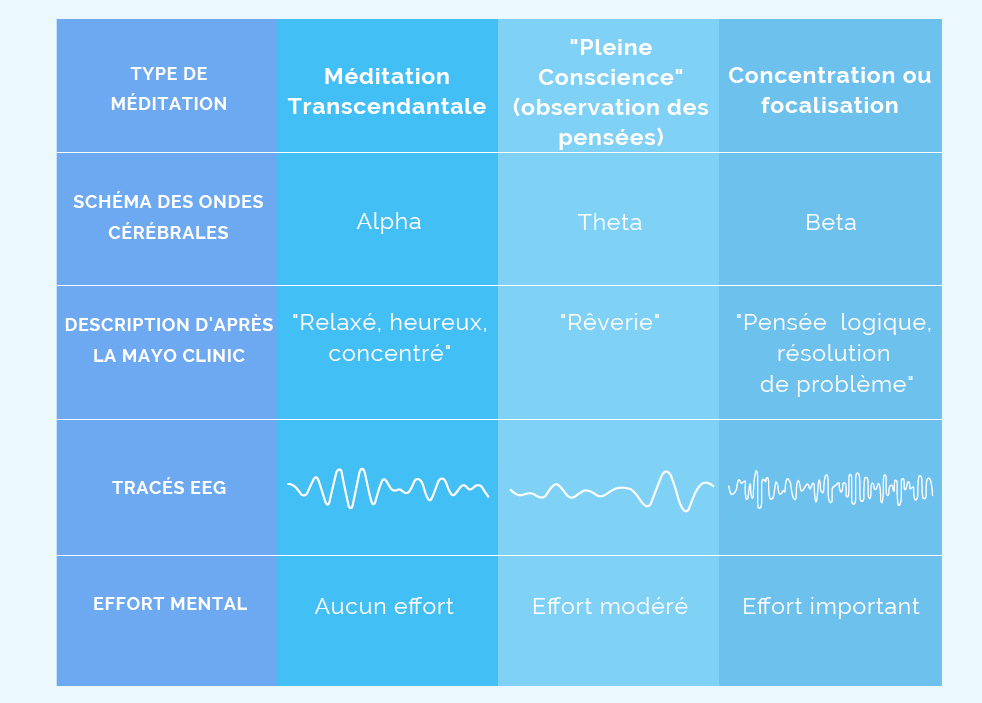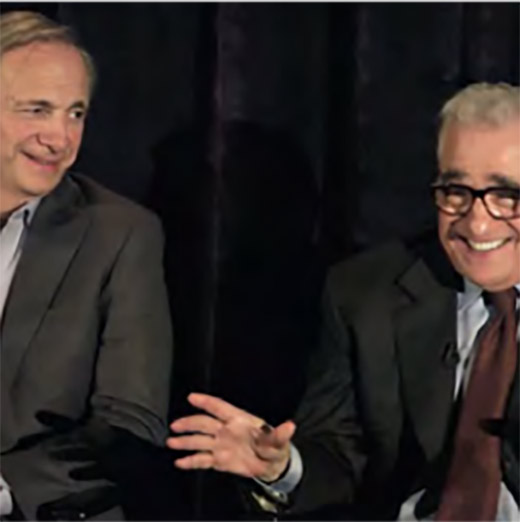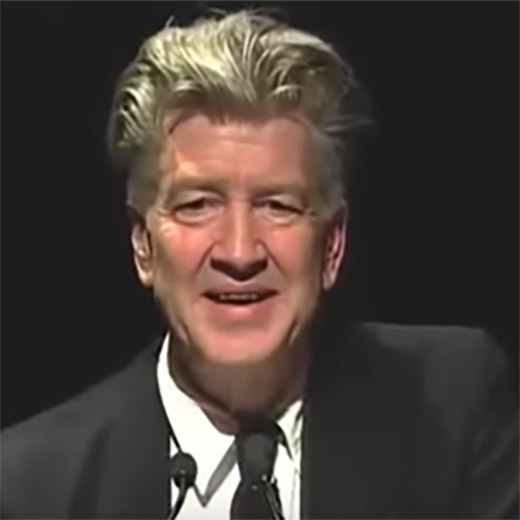Alexander CN, Kurth SC, Travis F, Alexander VK. Effect of practice of the children's Transcendental Meditation technique on cognitive stage development: acquisition and consolidation of conservation. Journal of Social Behavior and Personality 2005 17(1):21-46
Arenander A, Travis FT. Brain patterns of Self-awareness. In B Beitman, J Nair (eds), Self-Awareness Deficits. New York: WW Norton, 2004
Dixon C, Dillbeck MC, Travis F, Msemaje H, Clayborne BM, Dillbeck SL, Alexander CN. Accelerating cognitive and self development: longitudinal studies with preschool and elementary school children. Journal of Social Behavior and Personality 2005 17(1):65-91
Harung H, Travis F, Blank W, Heaton D. Higher development, brain integration, and excellence in leadership. Management Decision 2009 47(6):872-894
Heaton D, Harung HS. Awakening creative intelligence and peak performance: reviving an Asian tradition. Chapter in J Kidd et al. (eds), Human Intelligence Deployment in Asian Business. London: Macmillan, and New York: St. Martin's Press, 2001
Hebert JR, Lehmann D, Tan G, Travis FT, Arenander A. Enhanced EEG alpha time- domain phase synchrony during Transcendental Meditation: implications for cortical integration theory. Signal Processing 2005 85(11):2213-2232
Nidich SI, Schneider RH, Nidich RJ, Foster G, Sharma H, Salerno J, Goodman R, Alexander CN. Effect of the Transcendental Meditation program on intellectual development in community-dwelling older adults. Journal of Social Behavior and Personality 2005 17(1):217-226
So KT, Orme-Johnson DW. Three randomized experiments on the holistic longitudinal effects of the Transcendental Meditation technique on cognition. Intelligence 2001 29(5):419-440
Sridevi K, Krishna Rao PV. Temporal effects of meditation on cognitive style. Journal of Indian Psychology 2003 21:38-51
Travis F. Brain functioning as the ground for spiritual experiences and ethical behavior. FBI Law Enforcement Bulletin 2009 78(5):26-32
Travis FT. Autonomic and EEG patterns distinguish transcending from other experiences during Transcendental Meditation practice. International Journal of Psychophysiology2001 42(1):1-9
Travis FT, Arenander A. Cross-sectional and longitudinal study of effects of Transcendental Meditation practice on interhemispheric frontal asymmetry and frontal coherence.International Journal of Neuroscience 2006 116(12):1519-38
Travis FT, Arenander A, DuBois D. Psychological and physiological characteristics of a proposed object-referral/self- referral continuum of self- awareness. Consciousness and Cognition 2004 13(2):401-420
Travis FT, Brown S. My brain made me do it: brain maturation and levels of self- development. In AH Pfaffenberger, PW Marko, T Greening (eds), The Postconventional Personality: Perspectives on Higher Development (pp. 23-38). New York: SUNY Press, 2011
Travis F, Grosswald S, Stixrud W. ADHD, brain functioning, and Transcendental Meditation practice. Mind & Brain, The Journal of Psychiatry 2011 2(1):73-81
Travis FT, Haaga DH, Hagelin JS, Tanner M, Arenander A, Nidich S, Gaylord-King C, Grosswald S, Rainforth M, Schneider RH. A self-referential default brain state: patterns of coherence, power, and eLORETA sources during eyes-closed rest and the Transcendental Meditation practice. Cognitive Processing 2010 11(1):21-30
Travis F, Haaga DA, Hagelin J, Tanner M, Nidich S, Gaylord-King C, Grosswald S, Rainforth M, Schneider RH. Effects of Transcendental Meditation practice on brain functioning and stress reactivity in college students. International Journal of Psychophysiology 2009 71(2):170-176
Travis FT, Tecce J, Arenander A, Wallace RK. Patterns of EEG coherence, power and contingent negative variation characterize the integration of transcendental and waking states. Biological Psychology 2002 61(3):293-319
Travis FT, Tecce JJ, Guttman J. Cortical plasticity, contingent negative variation, and transcendent experiences during practice of the Transcendental Meditation technique.Biological Psychology 2000 55(1):41-55
Warner TQ. Awareness and cognition: the role of awareness training in child development.Journal of Social Behavior and Personality 2005 17(1):47-64
Yamamoto S, Kitamura Y, Yamada N, Nakashima Y, Kuroda S. Medial prefrontal cortex and anterior cingulate cortex in the generation of alpha activity induced by Transcendental Meditation: a magnetoencephalographic study. Acta Medica Okayama 2006 60(1):51-58-183








